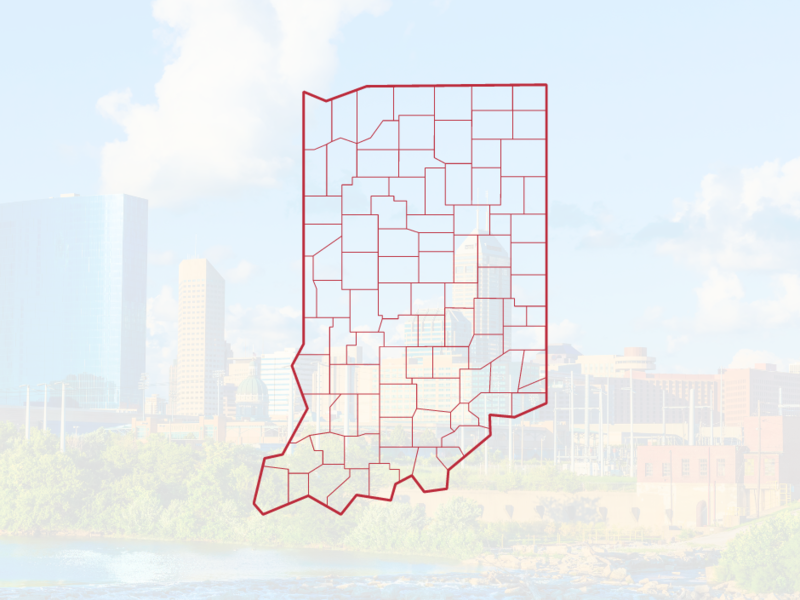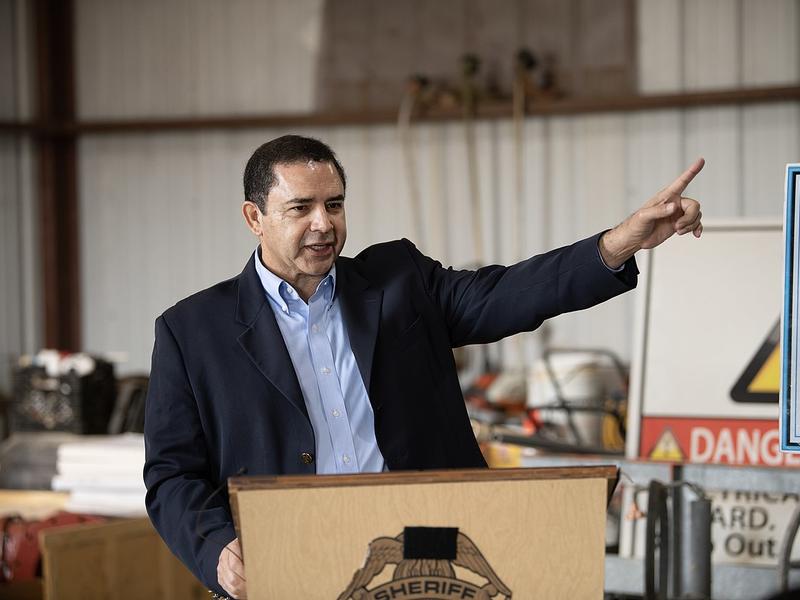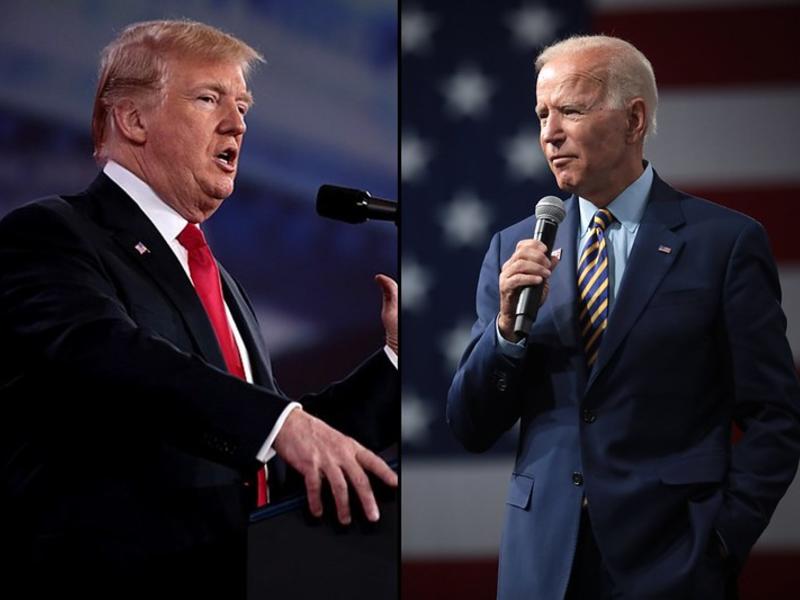
Washington lobbyists who depend on billable hours are quaking in their Guccis these days, worried that the 106th Congress will be even more moribund than its predecessor. The conventional wisdom is that, in the House, legislation with even a hint of controversy will falter and that any 218-vote majority will have to be constructed outward from the ideological center, not inward from the left or the right. On the other side of Capitol Hill, Republicans had hoped for a filibuster-proof majority of 60 senators, but instead got a reinvigorated Democratic minority, one that, rightly or wrongly, smells the possibility of winning a majority in the 2000 elections.
In the end, skepticism that major legislation can move through Congress could turn out to be justified. But, for now, there are some hopeful signs that gridlock is not inevitable.
Look at the Senate. While the 55-45 Republican advantage will remain unchanged in the next Congress, the Senate may well be somewhat less ideologically polarized than it was in the current Congress.
There is no question that the newly elected Arkansas senator, Blanche









Subscribe Today
Our subscribers have first access to individual race pages for each House, Senate and Governors race, which will include race ratings (each race is rated on a seven-point scale) and a narrative analysis pertaining to that race.